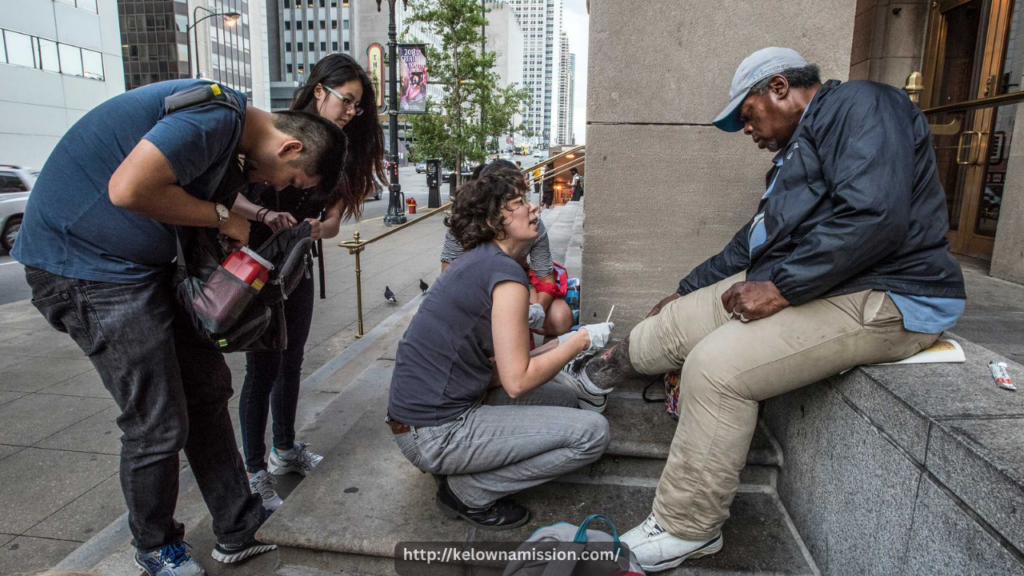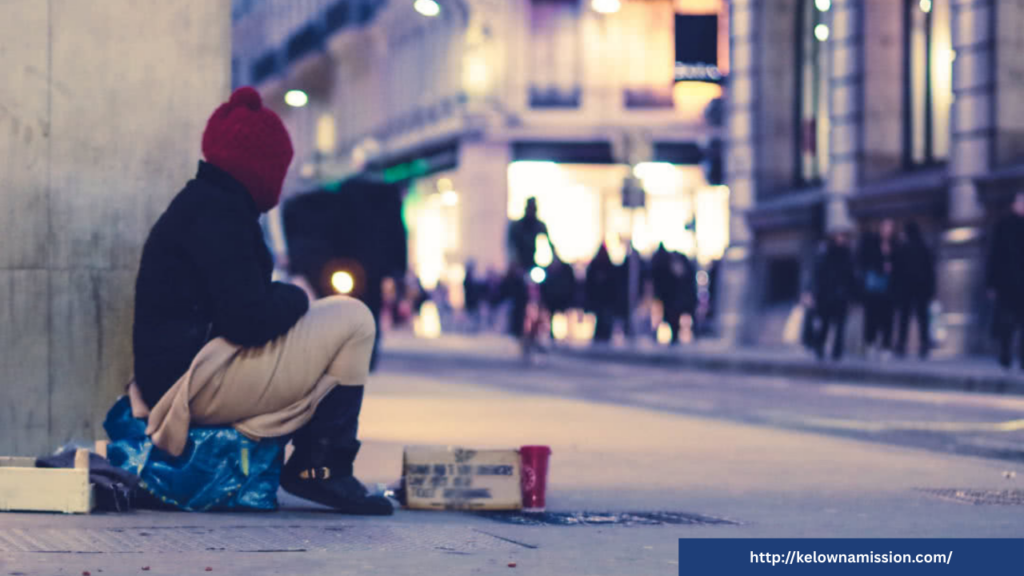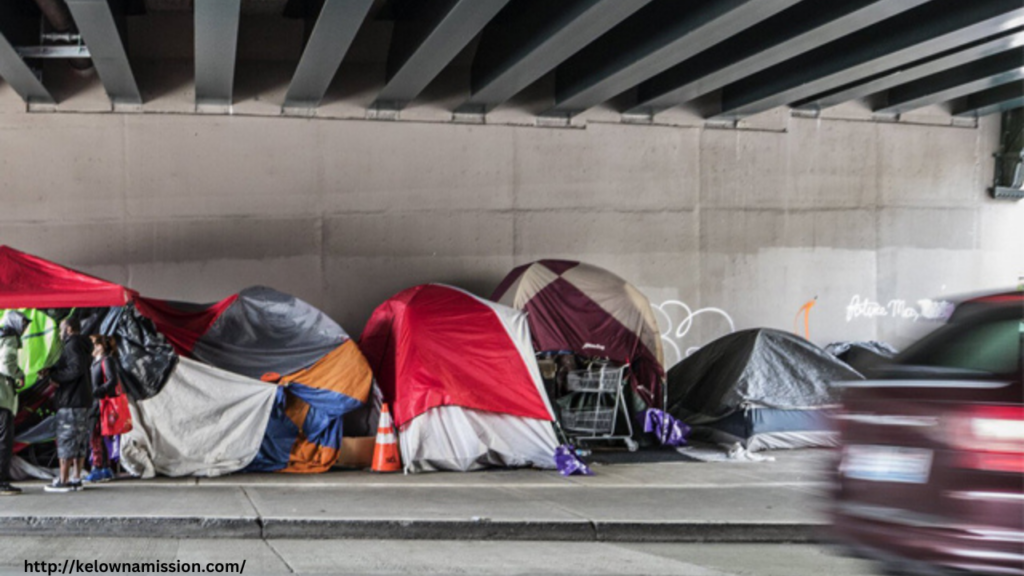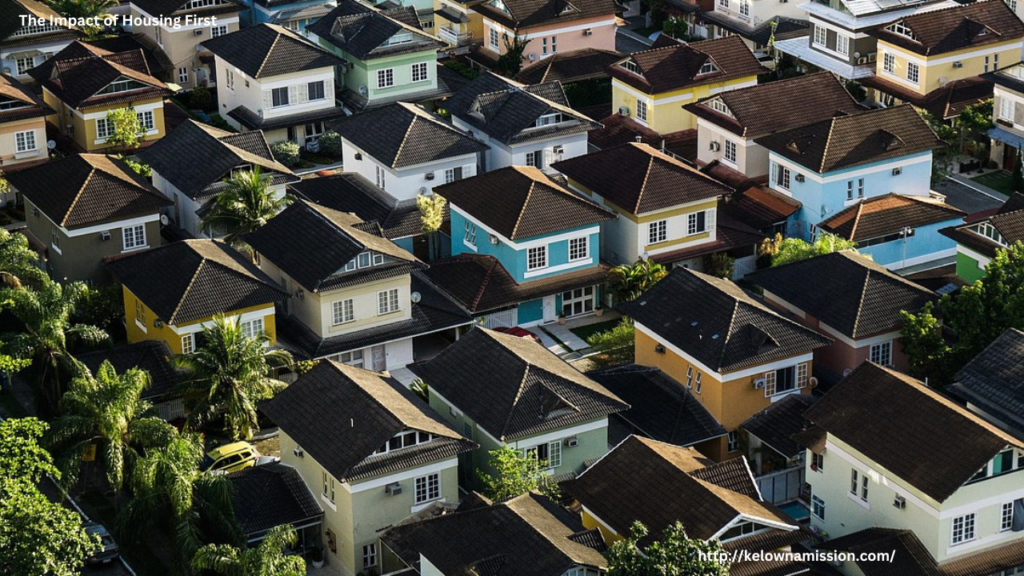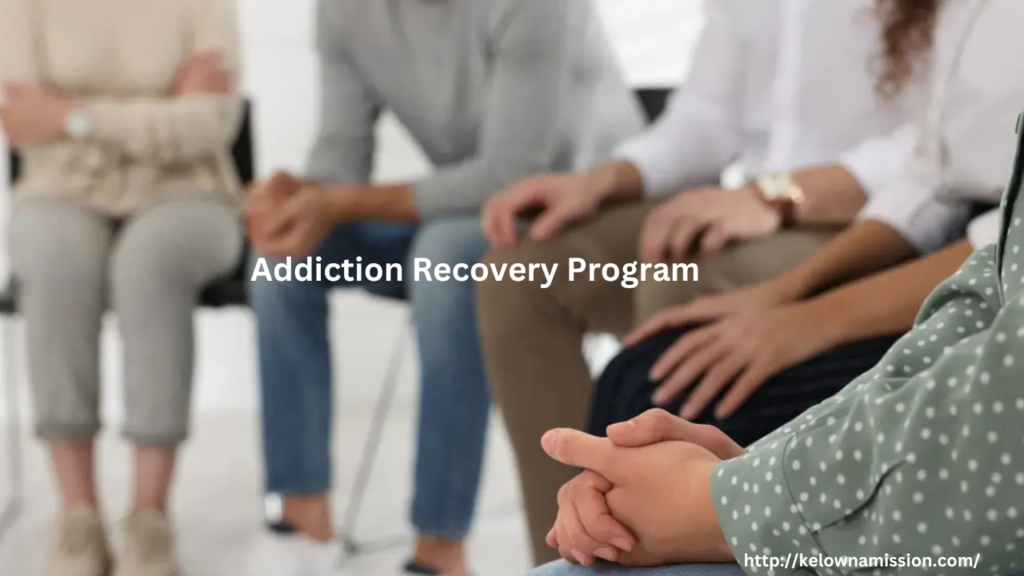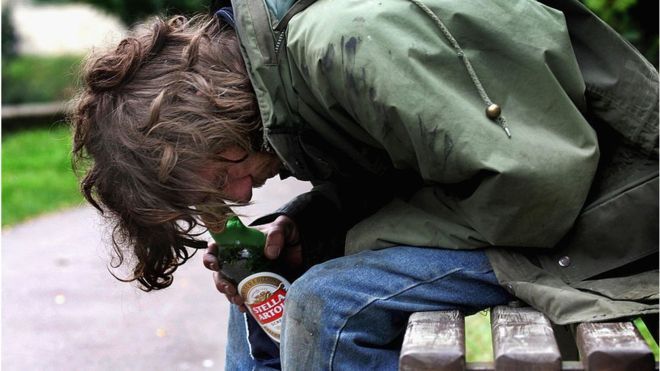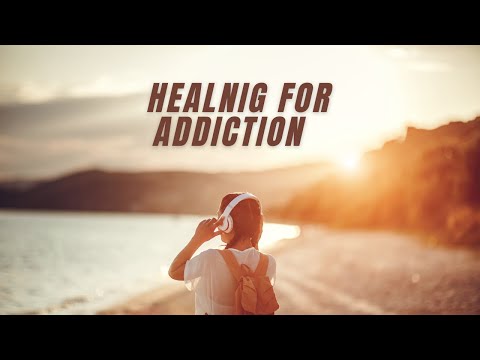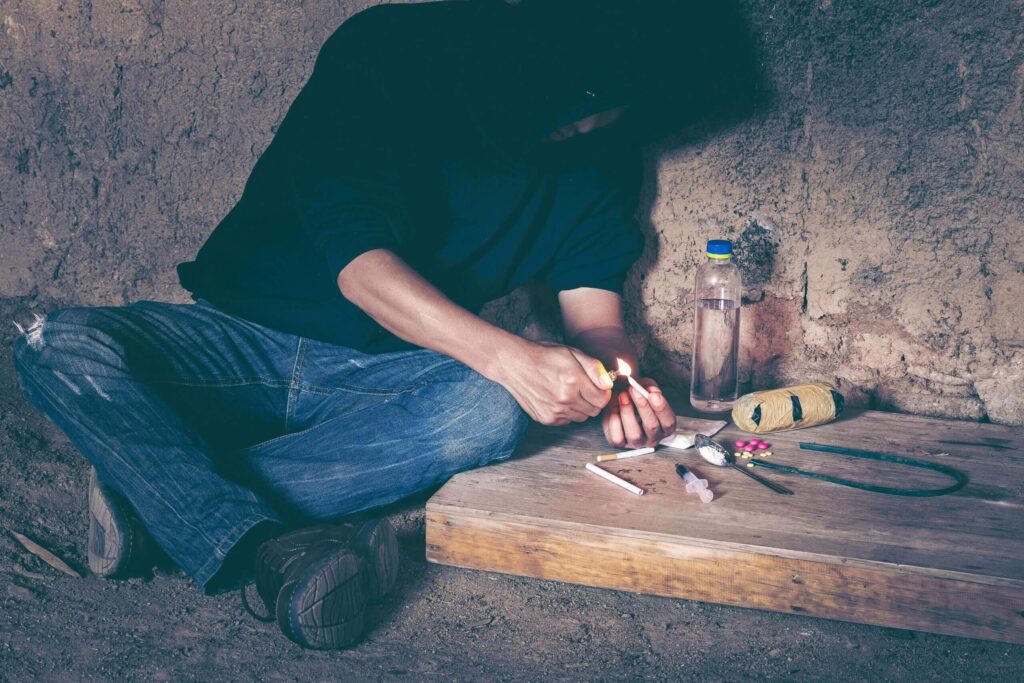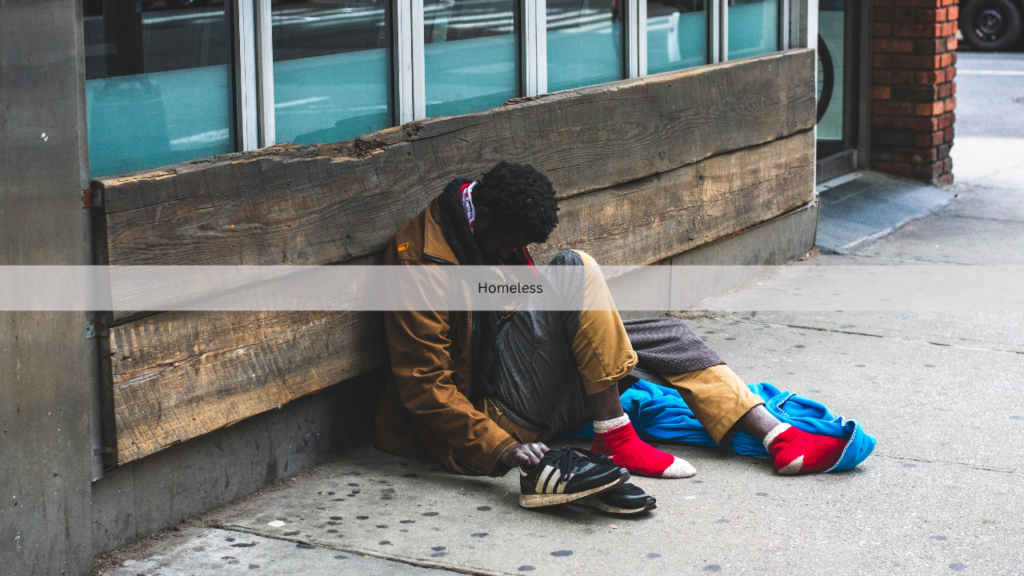
For individuals recovering from addiction and homelessness, stable employment can be a game-changer. It not only provides a source of income but also instills purpose, builds self-esteem, and creates a sense of belonging. Job training programs tailored to this population are proving to be powerful tools in reshaping recovery paths and breaking the cycle of poverty and relapse.
The Role of Employment in Recovery
Recovery is about more than abstaining from substance use; it’s about rebuilding a life with structure, responsibility, and hope. Employment plays a crucial role in this process. A steady job helps individuals establish routines, meet their basic needs, and envision a future beyond survival.
However, many people emerging from homelessness or addiction face barriers to employment, such as limited education, criminal records, gaps in work history, and lack of access to transportation. Job training programs designed with these realities in mind can bridge the gap and provide a stepping stone to long-term stability.
Innovative Job Training Models
Across the country, organizations are developing creative job training programs that support individuals in recovery. These programs typically combine technical skills training with wraparound support services like counseling, housing assistance, and peer mentoring. Some key features of effective models include:
- Skills Development: Programs focus on in-demand trades and industries, such as construction, culinary arts, landscaping, IT, and manufacturing. By equipping participants with marketable skills, they enhance their chances of securing meaningful employment.
- Supportive Work Environments: Many initiatives operate as social enterprises, offering participants paid training positions in low-pressure, recovery-friendly settings. This allows individuals to gain experience and confidence while receiving ongoing support.
- Life Skills and Soft Skills Training: In addition to technical instruction, participants often receive training in communication, time management, conflict resolution, and other essential workplace behaviors.
- Job Placement and Retention Services: Effective programs assist with job placement, resume building, and interview preparation. Many also provide ongoing support to help individuals maintain employment and navigate challenges.
Success Stories on the Ground
Programs like Homeboy Industries in Los Angeles and The Doe Fund in New York City have garnered national recognition for their success in reintegrating formerly incarcerated and homeless individuals into the workforce. These initiatives combine job training with housing, therapy, and peer support, leading to lower recidivism rates and improved long-term outcomes.
In Chicago, Cara Collective provides job readiness training and employment placement for individuals in recovery, with a strong focus on community, accountability, and motivation. Their alumni frequently cite employment as a turning point in their journey toward independence.
A Brighter Future Through Work
Employment doesn’t just offer a paycheck—it offers a path forward. For individuals overcoming addiction and homelessness, the opportunity to work can be the key to lasting recovery. By investing in inclusive job training programs, communities can empower people to rebuild their lives, support themselves and their families, and contribute positively to society.
In reshaping recovery paths, job training serves as a lifeline—transforming lives one opportunity at a time.
